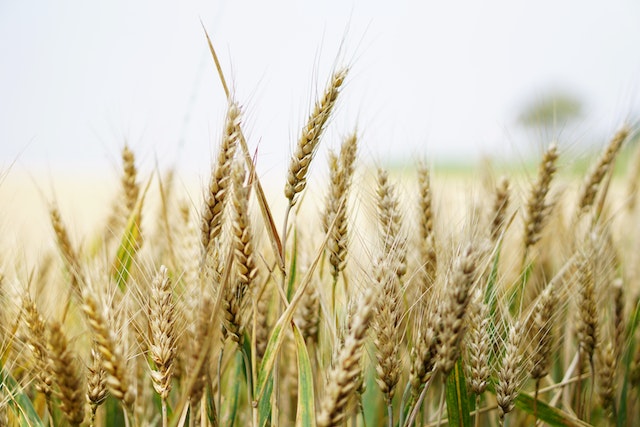The story of Ruth continues. We’ve explored the choices Naomi and her daughters-in-law made in the previous post. Making the decision to return to Judah was only the beginning. Naomi would also need to figure out a way to live there. But she wasn’t alone. Ruth has made the choice to stay with her. And together they work through the pain created by unfortunate circumstances and adjust to their new reality.
Mara, not Naomi
Mentally, Naomi wasn’t doing well. Not only did the move to Moab prove to be a failure but she also lost everything in the process. And returning to Judah brings back memories of when her husband and sons were alive. Her pain and regret are clearly evident in how she responds to the women of Bethlem. She tells them to call her Mara instead of Naomi (Ruth 1:20). Naomi means pleasant while Mara means bitter.
Naomi is angry at God. She feels He has turned His back on her (Ruth 1:13 & 1:21). At any time in Moab, He could’ve stepped in but He didn’t. Her husband died, her sons died and she is widowed, childless and without grandchildren. It was one bad news after another. And Naomi has returned to Judah in worse shape than she left.
Picking up the pieces and starting over is daunting. But regardless of how hard it is, we always have a choice. And no matter how badly we failed, or how terrible the setback, or how unbearable the circumstances, it’s still up to us how we deal with it. We can quit and wallow in our misery or we can get up and keep moving.
Ruth’s decision
Ruth chose to keep going. Life certainly wasn’t going according to plan but she can’t change anything that has happened. But she can determine her present. So she asked her mother-in-law for permission to go and gather grain. It was harvest season, after all.
The Bible has some specific guidelines about the harvest. One of those is NOT to harvest the grain around the edges of the field. And NOT to gather whatever grain the harvesters drop. This was to ensure the poor and foreigners living among them would also get some grain (Leviticus 23:22). And this is what Ruth went to harvest.
For people who are not used to handouts, it’s very humbling. And Ruth didn’t have to do it, her mother-in-law certainly wasn’t forcing her. Ruth made the decision on her own. I’m not sure if gleaning wheat was how she thought her life would turn out. It’s certainly very grueling work. But what other option was there for a widowed childless woman? Rather than being bitter about her circumstances, she chose to do the best she could with the hand she’s been dealt.
The catalyst for change
That small, almost inconsequential decision would change the course of both their lives. And all Ruth did was work with what she’d been given. She didn’t make excuses for herself. Neither did she wait for circumstances to change. She also didn’t make plans based on when (and if) things changed. She didn’t ignore her plight. She embraced it and made a simple plan. She would work wherever she was welcomed. And that’s all she did when the Bible says Ruth happened to wind up in the field of one of her father-in-law’s relatives. He would be a kinsman redeemer. This meant he had the ability to help give her a better life.
And that’s the beauty of showing up, we never know who we will meet. By being willing to show up and do whatever it takes, no matter how menial, Ruth embraced her reality. She wasn’t afraid to show up. Ruth’s choice to accept where she was in life, no matter how hard would turn her and Naomi’s fortunes around.
So let’s not get tired of doing what is good. At just the right time we will reap a harvest of blessing if we don’t give up. Gal 6:9 NLT
